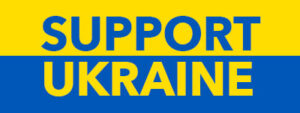Ukrainian Jewish Heritage: Part 2—Currencies of Israel and Ukraine
The State of Israel was created and built by Jewish settlers who came mainly from Eastern Europe. Among them were quite a few natives of Ukraine, then ruled by the Russian & Austro-Hungarian Empires. Today’s episode of Ukrainian Jewish Heritage, Part 2 of our series on the currencies of Ukraine and Israel, features Jews from […]


